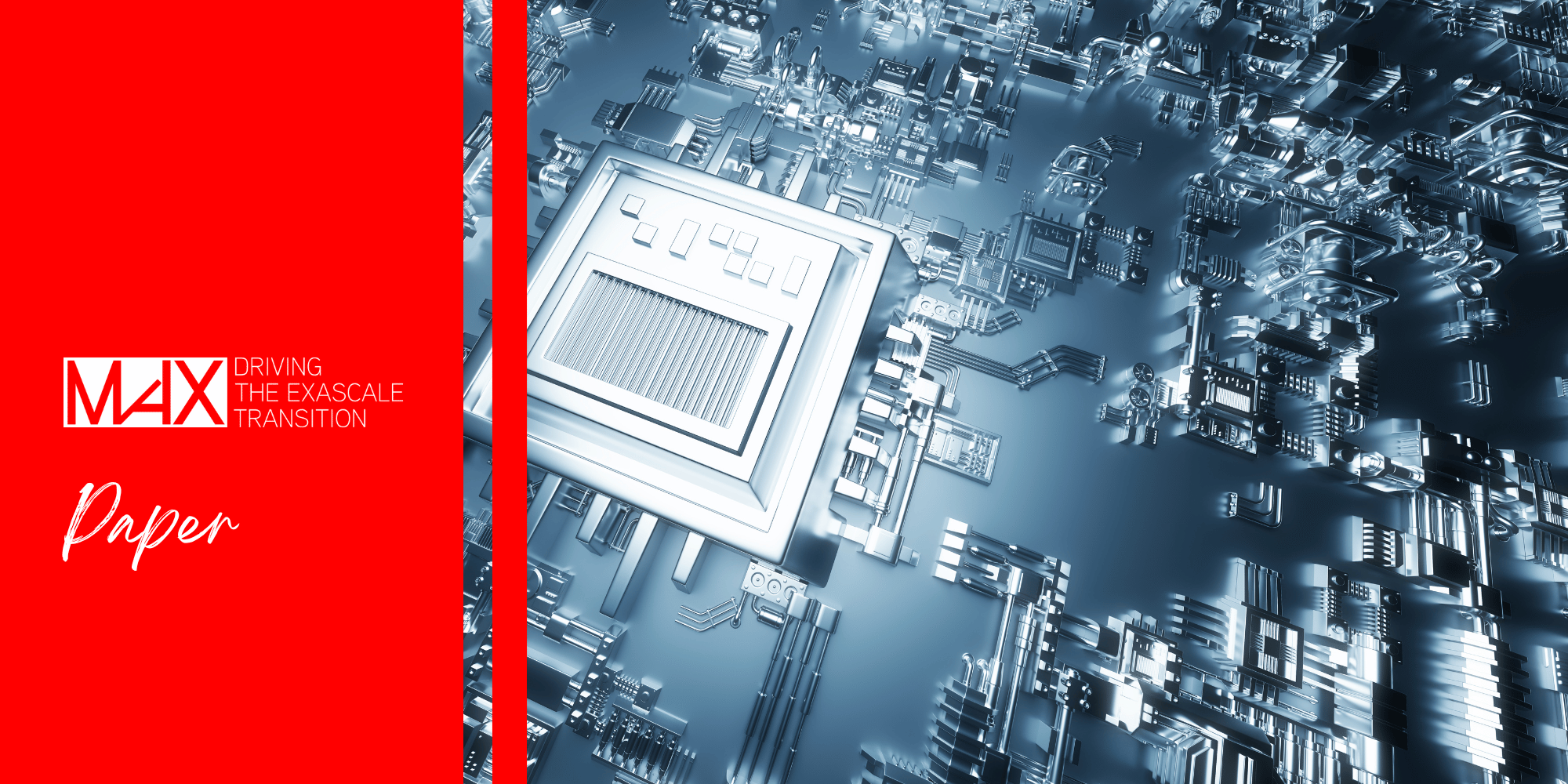Automated first-principles Hubbard parameter calculations with aiida-hubbard
MaX researchers create aiida-hubbard, an automated, reproducible framework for self-consistent Hubbard U and V calculations using DFPT.
A team of MaX CoE researchers has developed aiida-hubbard, a Python package enabling automated, flexible, and reproducible first-principles calculations of Hubbard U and V parameters.
Standard density-functional theory (DFT) often fails for materials containing transition-metal or rare-earth elements because of self-interaction errors. Hubbard-corrected DFT improves accuracy, but determining U and V parameters reliably and self-consistently is computationally challenging and traditionally difficult to automate.
The new framework implements a self-consistent U and V calculation using density-functional perturbation theory (DFPT) in the HP code of Quantum ESPRESSO, orchestrated by AiiDA workflows. This approach is scalable, fault-tolerant, and enables high-throughput exploration of correlated materials. It impacts materials discovery, energy storage research, and computational screening of d- and f-electron compounds. In particular, the study uses the HP code of Quantum ESPRESSO to compute U and V parameters via DFPT. Calculations are managed with AiiDA, ensuring provenance and reproducibility.
This work delivers a robust and FAIR-compliant workflow for thousands of calculations, handling computational errors without intervention. It enables large-scale, accurate parameter determination, critical for predictive simulations in materials science.
With this study, MaX researchers show that aiida-hubbard can self-consistently determine Hubbard U and V parameters at scale. This novel automation accelerates and broadens the applicability of DFT+U(+V), enhancing the reliability of high-throughput materials simulations.
More about
Quantum ESPRESSO – HP code: A component of Quantum ESPRESSO for computing Hubbard parameters using DFPT, integrated here with AiiDA for automated workflows and reproducible data management.
Reference article
L. Bastonero, C. Malica, E. Macke, M. Bercx, S. P. Huber, I. Timrov, N. Marzari, First-principles Hubbard parameters with automated and reproducible workflows, Comput. Phys. Commun. (2024). DOI: 10.1016/j.cpc.2024.109444


